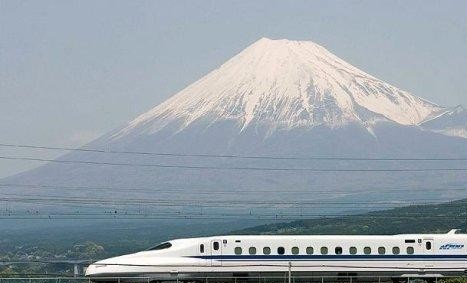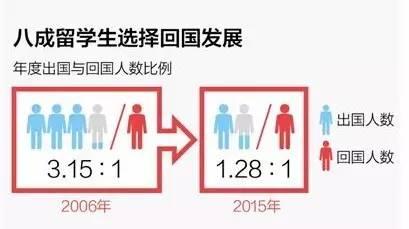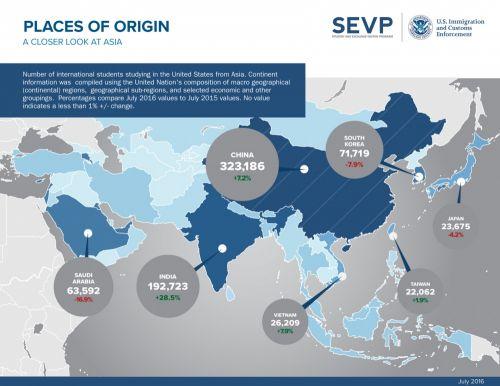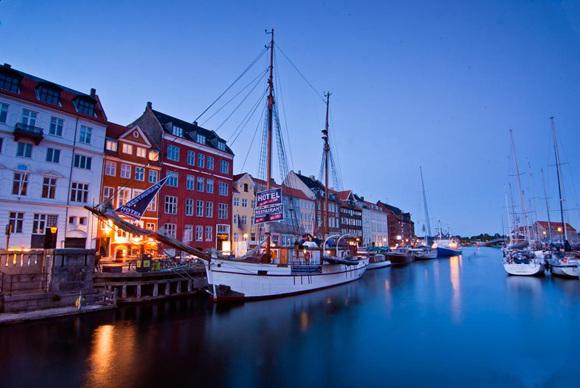Chinese New Year, also known as the spring festival, is the most important celebration in the Chinese calendar. The spring festival celebrates the start of new life and the season of ploughing and sowing.
中国的新年,又名春节,是中国人一年中最重要的节庆。春节标志着新生活的开始和新年中一轮耕种与播种的季节的开始。
New Year festivities start on the first day of the lunar month and continue until the fifteenth, when the moon is brightest. The first week is celebrated with visits to friends and family following special traditions designed to bring good luck. The second week ends with the Lantern festival on the evening of the 15th day of the lunar month.
春节从中国农历纪年法中的第一个月的一号开始到15号结束。15号是月亮最圆最亮的时候。春节的第一周是中国人走亲访友的时间,他们遵循着有中国特色的拜年方式,据说这样会给他们带来好运。接下来的一周里最主要的活动就是正月十五的元宵节晚上的灯会。
In depth
详细介绍
Chinese New Year is the oldest Chinese festival and has many traditions. Before the start of the festivities, Chinese people spring clean their houses to sweep away any bad luck. On New Years Eve, all brooms, dustpan and brushes are put away so that good luck can not be swept away. Houses are decorated with paper scrolls with good luck phrases such as Happiness and Wealth.
春节是中国最传统的节日,有很多传统。在春节开始之前,家家户户就开始打扫房间,扫去所有坏运气。而在除夕时,所有的扫帚、簸箕、拖把都会被放置一边以确保好运不会被清扫走。家家户户都会贴春联、喜字或福字。
On New Years Eve, families gather together and have a large, traditional meal. There are different types of food depending on which region of China people come from. in the north, people eat djiaozi - a steamed dumpling and in the south nian gao - a sticky, sweet rice pudding.
除夕,一家人欢聚一堂共享一顿传统春节大餐。在中国,不同地区的菜肴是不尽相同。在中国北方,人们吃饺子,一种蒸饺;而在中国的南方,人们吃年糕,一种又甜又黏的米糕。
People will stay up until midnight setting off fireworks to frighten away evil spirits. Red symbolises fire which will scare away evil spirits, so people dress head to foot in new red clothing.
除夕夜,人们会坚持到半夜燃放爆竹,以求驱散邪恶的鬼魂。红色是火的颜色,火可以驱散那些坏的东西,因此人们会穿一身红色的新衣。
On New Years Day children will wake up to find a red envelope filled with money and sweets under their pillows left by their parents and grandparents.
一到春节,孩子们一早起床就能在他们的枕头下发现装着压岁钱的红包和糖果。那是他们的父母和爷爷奶奶为他们准备的。
Chinese New Year ends with the lantern festival on the fifteenth day of the month. The lanterns are often hand painted with scenes from history or legend. People hang glowing lanterns at the windows of their houses and carry lanterns under the light of the full moon. A dragon dance often takes places with a dragon made of paper, silk and bamboo held aloft by young men dancing and guiding it around to collect money.
正月十五的元宵节标志着春节的结束。元宵节上的花灯通常会被绘上历史故事或是传说。人们将点亮的灯笼高高悬挂自家房子的床前,和当晚的满月的月光交相辉映。街上会有舞龙表演,年轻人会拿着竹子和丝绸制作的篮子一边跳舞一边向看表演的人们讨些喜钱。
In some countries, especially England, the festivities are shortened, so that the lantern festival takes place on Chinese New Years day and you can see parades with dragon dancing and brightly painted lanterns.
在某些国家,特别是英国,这样的节日通常被缩短了,这样人们就能在春节当天看到灯会表演:舞龙游行和漂亮的花灯。
十二生肖中英文对比
Rat - 鼠
Ox - 牛
Tiger - 虎
Rabbit - 兔
Dragon - 龙
Snake - 蛇
Horse - 马
Goat - 羊
Monkey - 猴
Rooster - 鸡
Dog - 狗
Pig - 猪


 美国
美国  英国
英国  加拿大
加拿大 日本
日本  澳洲
澳洲  德国
德国  法国
法国  意大利
意大利 新西兰
新西兰 韩国
韩国  新加坡
新加坡 其他
其他 


